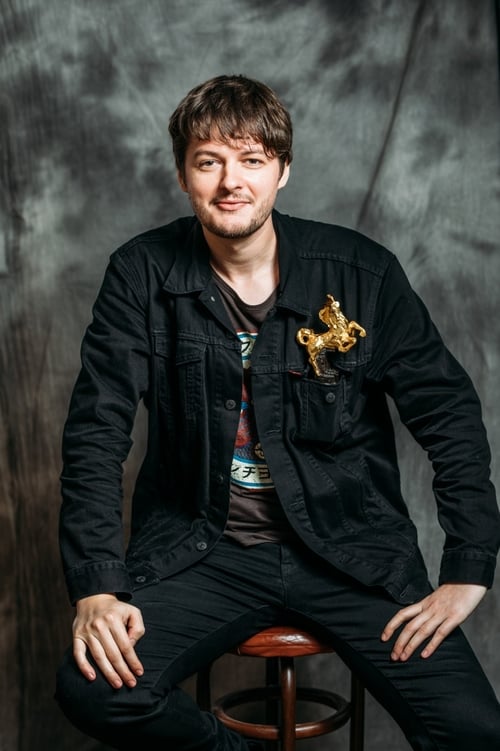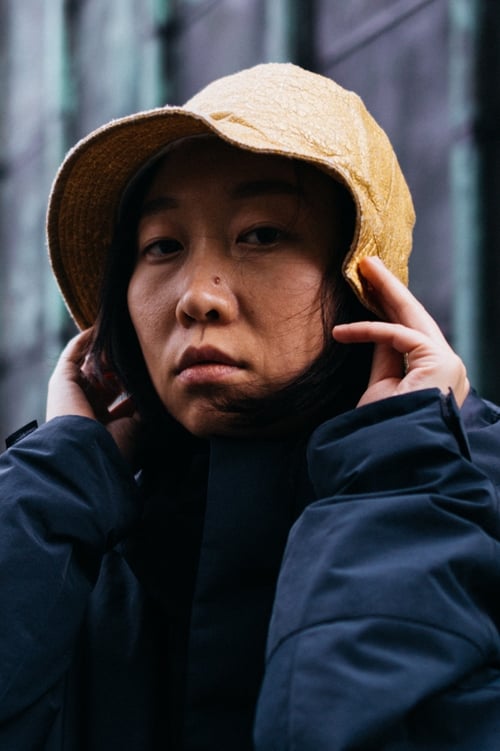A White Butterfly on a Bus (2018)
ジャンル : ドラマ, ロマンス
上映時間 : 17分
演出 : Zheng Lu Xinyuan
シノプシス
She plays an actress. He works as a filmmaker. We are making a film in Xining, Qinghai, China. She says that this is the furthest place that she's ever been from home. As days go by and under the pressure from the production, we start to wander on the border of life and fiction.
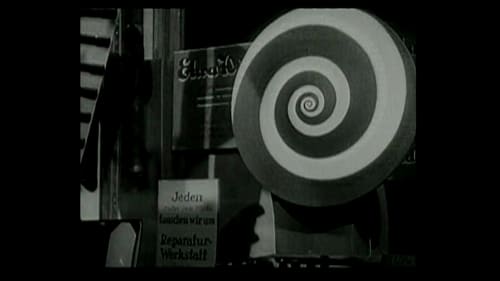
A train speeds through the country on its way to Berlin, then gradually slows down as it pulls into the station. It is very early in the morning, about 5:00 AM, and the great city is mostly quiet. But before long there are some signs of activity, and a few early risers are to be seen on the streets. Soon the new day is well underway. It's just a typical day in Berlin, but a day full of life and energy.

Shot under extreme conditions and inspired by Mayan creation theory, the film contemplates the illusion of reality and the possibility of capturing for the camera something which is not there. It is about the mirages of nature—and the nature of mirage.

A serial killer stalks a woman he befriended after her car broke down.
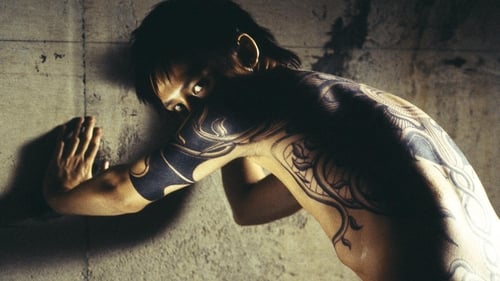
監獄の中、雑居房のひとつで、1人の少年が渾身の力を込め、1人の青年の首を絞めた。犯行を発見した看守たちに取り押さえられた少年は「ぼくがやりました!」と叫び続ける。この殺人事件を捜査し始める、警部(石橋蓮司)と警部補(遠藤憲一)。加害者と思われる少年は有吉淳(松田龍平)。ゲイバーで働いていた有吉は、男客から性的暴行を受けたことから逆上し殺害に及ぶ。被害者の青年は香月史郎(安藤政信)。幼い頃から様々な罪を犯し、最終的には路上で人を殴り殺した。偶然にも有吉と香月は同日に、この刑務所に投獄されている。誰にも心を開かない有吉と、気に入らないとだれかれ構わず殴り倒してゆく凶暴な香月。正反対のタイプにも関わらず、香月は有吉を守り、2人の間には濃密で暖かい空気が流れていた。そして、捜査線上に浮かび上がるもう1人の男。それはこの刑務所の新所長(石橋凌)。ぞっとするような笑みをたたえながら、恐ろしく優しい口調で話しかけるこの所長は、かつて自分の妻を香月に暴行され、結果妻は自殺するという壮絶な過去を持っていた。誰が真実を告げているのか? そして、「ぼくがやりました!」と叫び続ける有吉の真意とは……。
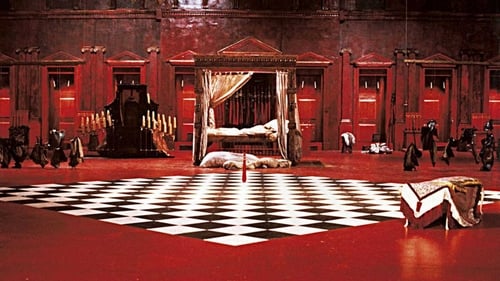
Set halfway through the 17th century, a church play is performed for the benefit of the young aristocrat Cosimo. In the play, a grotesque old woman gives birth to a beautiful baby boy. The child's older sister is quick to exploit the situation, selling blessings from the baby, and even claiming she's the true mother by virgin birth. However, when she attempts to seduce the bishop's son, the Church exacts a terrible revenge.

Five lonesome cowboys get all hot and bothered at home on the range after confronting Ramona Alvarez and her nurse.
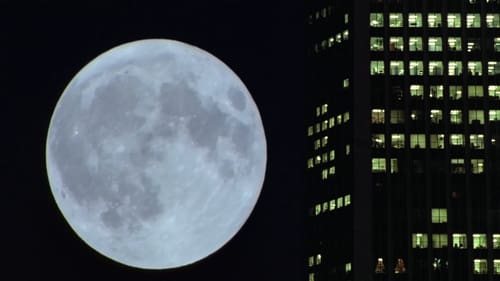
Takes us to locations all around the US and shows us the heavy toll that modern technology is having on humans and the earth. The visual tone poem contains neither dialogue nor a vocalized narration: its tone is set by the juxtaposition of images and the exceptional music by Philip Glass.
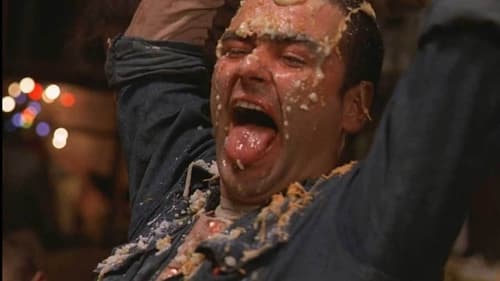
The winner of the Miss World Virginity contest marries, escapes from her masochistic husband and ends up involved in a world of debauchery.

An intimate, affecting portrait of the life and work of ground-breaking performance artist and music pioneer Genesis Breyer P-Orridge (Throbbing Gristle, Psychic TV) and his wife and collaborator, Lady Jaye, centered around the daring sexual transformations the pair underwent for their 'Pandrogyne' project.

"Chronicles of the Present Times" - An experimental trilogy comprising 'Visa De Censure No.X', 'Livre De Famille' and 'Anima Mundi'. New Old flows together footage from more than a decade of his wandering between scenes, sets, and drugs, an accelerated world tour through various iterations of the counterculture.

A tilted figure, consisting largely of right angles at the beginning, grows by accretion, with the addition of short straight lines and curves which sprout from the existing design. The figure vanishes and the process begins again with a new pattern, each cycle lasting one or two seconds. The complete figures are drawn in a vaguely Art Deco style and could be said to resemble any number of things, an ear, a harp, panpipes, a grand piano with trombones, and so on, only highly stylized. The tone is playful and hypnotic.

A deconstruction of Dog Star Man that takes the four rolls and shows them first combined, then each combination of three rolls, then each combination of two rolls, then each individual roll. The plot is of a man who goes up a mountain with a dog to chop down a tree but has some unspecified transcendental experience while he is there.

One morning, the late Karlheinz Stockhausen awoke from a dream that told him to take to the sky. Stockhausen envisioned four helicopters swirling in the clouds, with each of a quartet’s members tucked inside his own chopper, communicating through headsets, stringing away in sync to the rotor-blade motors. He immediately set forth to make that dream a reality. In 1995, Dutch film director Scheffer followed Stockhausen in the days leading up to the premiere performance of his Helicopter String Quartet in Amsterdam. The resulting film offers a rare glimpse of Stockhausen as he patiently dictates every agonizingly detailed measure to the Arditti Quartet.

Nine films grouped together that form the basis of Anger's reputation as one of the most influential independent filmmakers in cinema history.
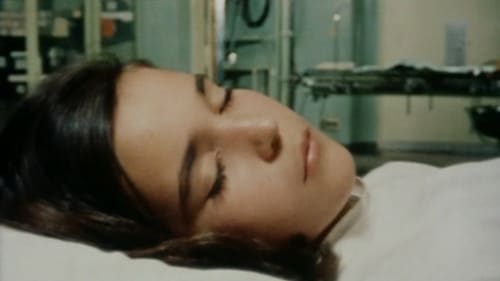
Pollet and Schlöndorff imagine the Mediterranean as a supernal arena.

Andy Warhol’s screen adaptation of Burgess's "A Clockwork Orange”.
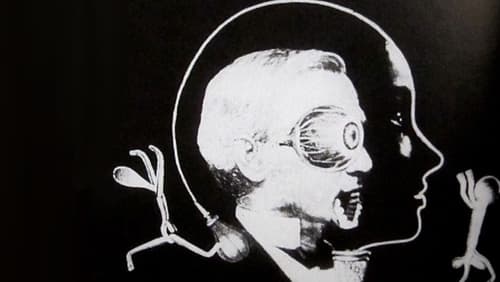
The first part depicts the heroine's toothache consequent to the loss of a very valuable watermelon, her dentistry and transportation to heaven. Next follows an elaborate exposition of the heavenly land, in terms of Israel and Montreal. The second part depicts the return to Earth from being eaten by Max Müller on the day Edward VII dedicated the Great Sewer of London.
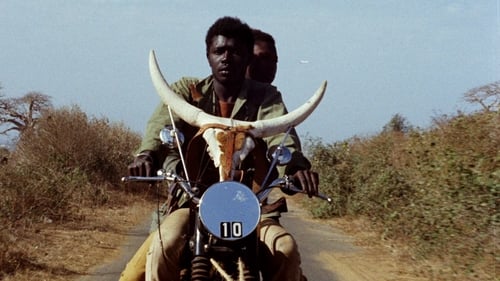
A cowherd with a skull-mounted motorcycle and a university student meet in Dakar; put off by life in Senegal, they plan to make money in Paris.
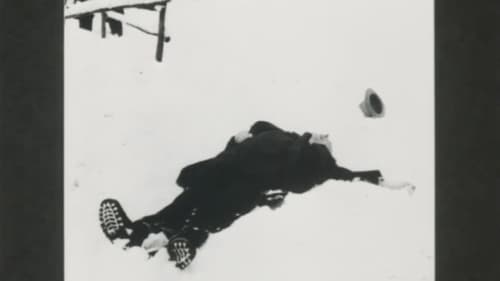
Monteiro moved far away from the visual opulence defined by his earlier films with his inspired adaptation of radical Swiss writer Robert Walser’s anti-fairy tale. Carefully restricting the image track, Monteiro maintains an almost totally black screen in order to focus instead on the voices of Snow White, the Prince, the Queen and the Hunter, engaged in an extended debate about love, free will and the events leading up to the fateful attempt on the maiden’s life. Despite its visual austerity, Snow White is haunted by the arresting images with which it begins – infamous black-and-white photographs of Walser lying dead in the snow after his heart attack outside a Swiss asylum at the age of seventy-eight, a strange realization of the “death of the author” so central to postmodern literary criticism.

Four Third-World Christs try to stop the American industrialist John Brahms in Glauber Rocha's experimental film inspired by Pier Paolo Pasolini's murder.

